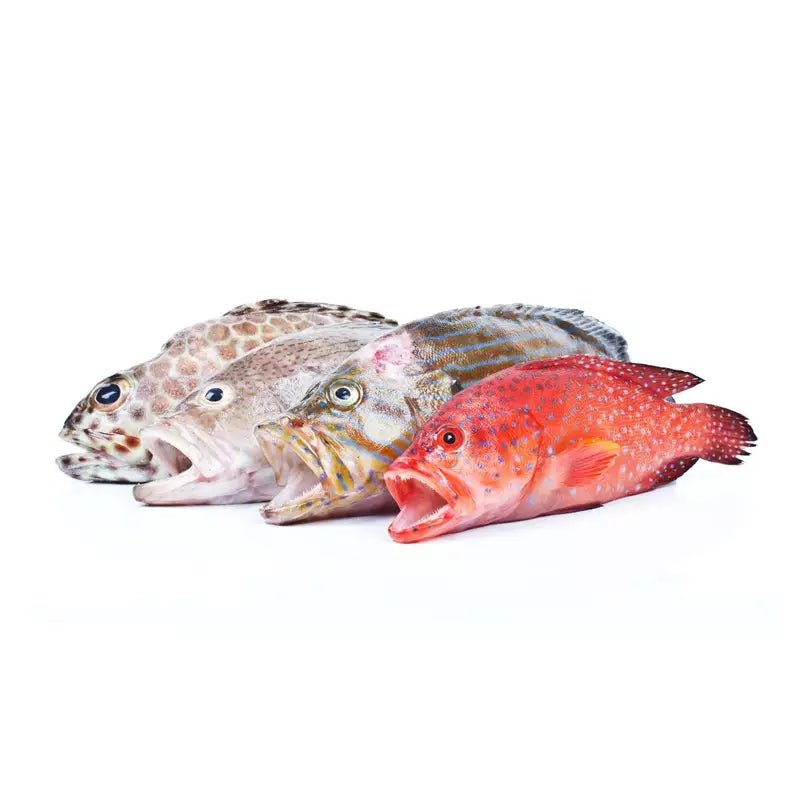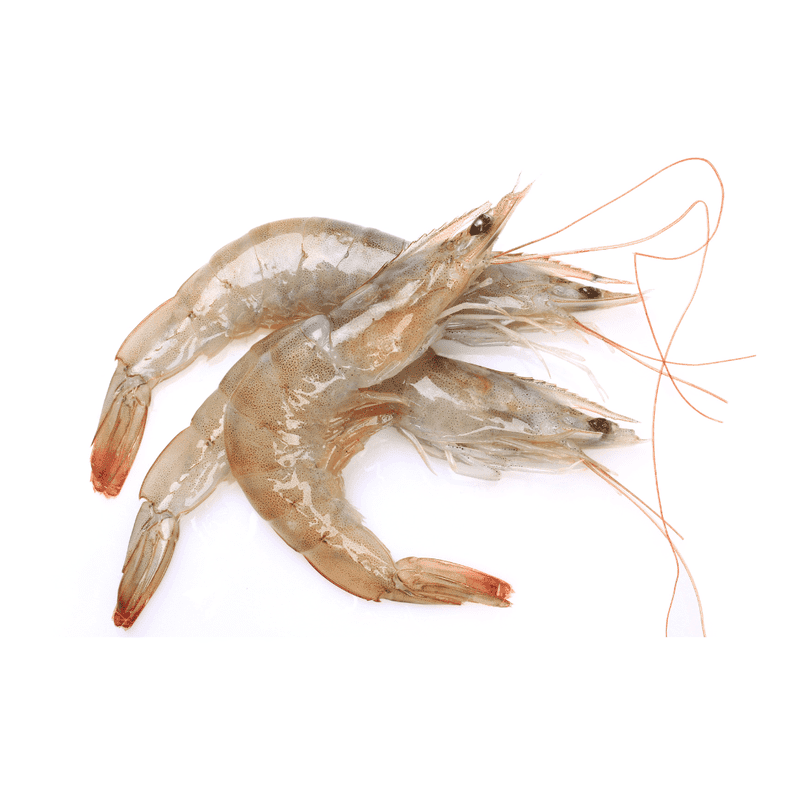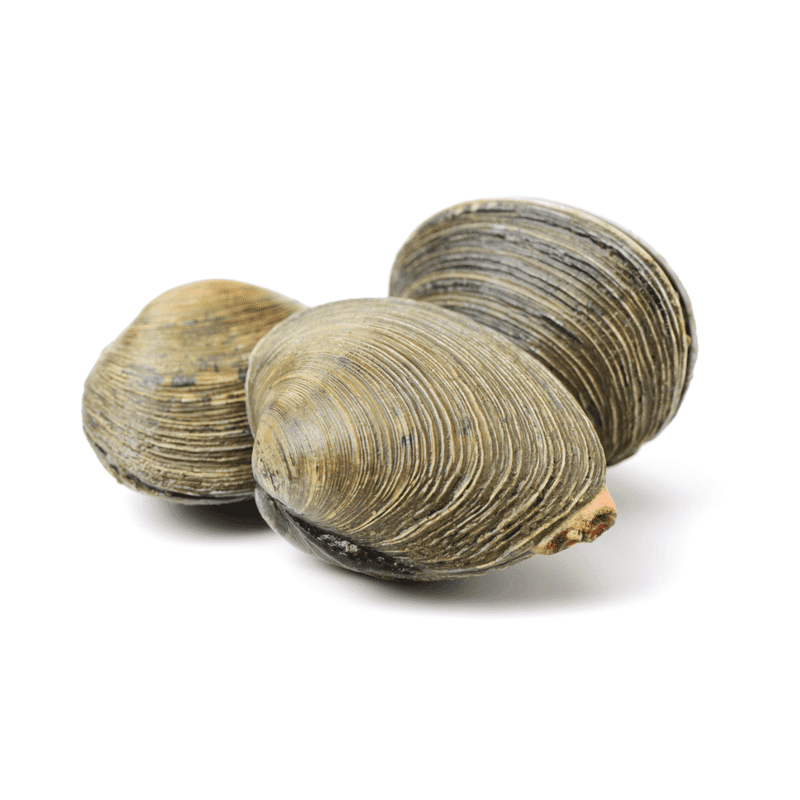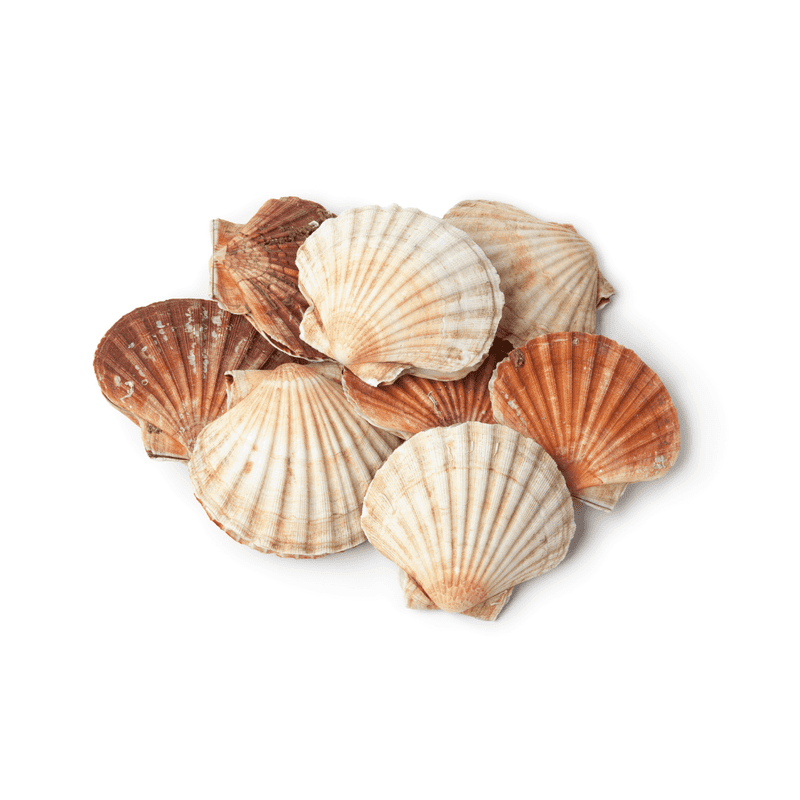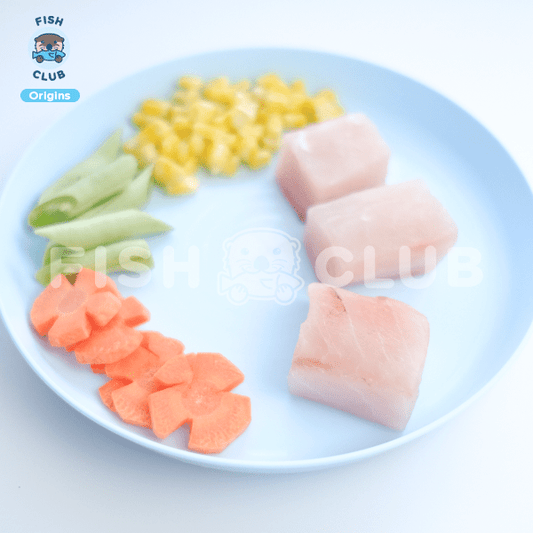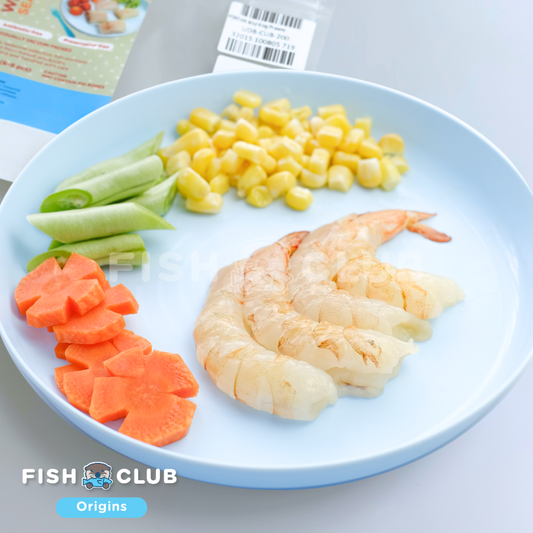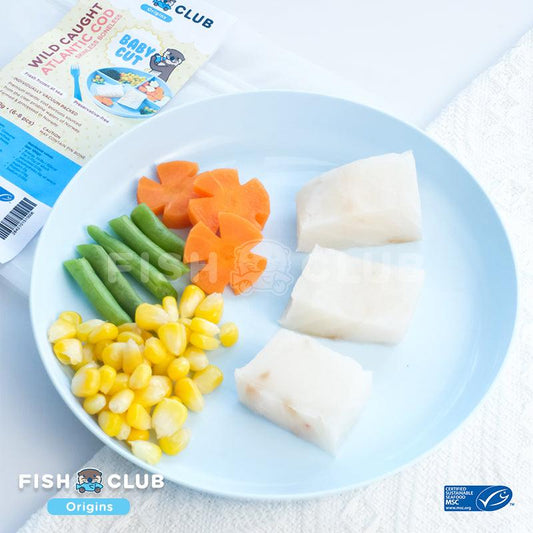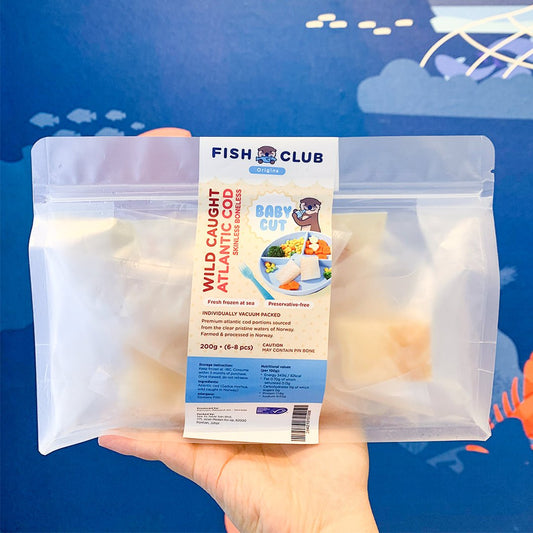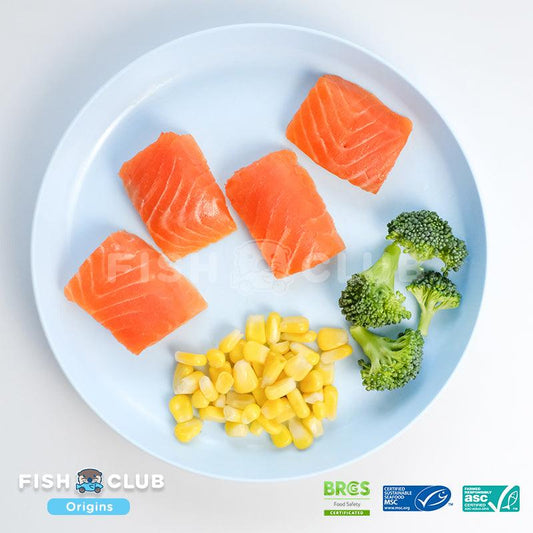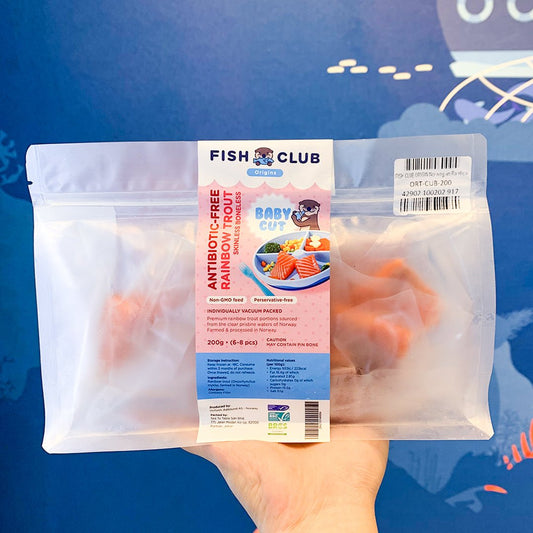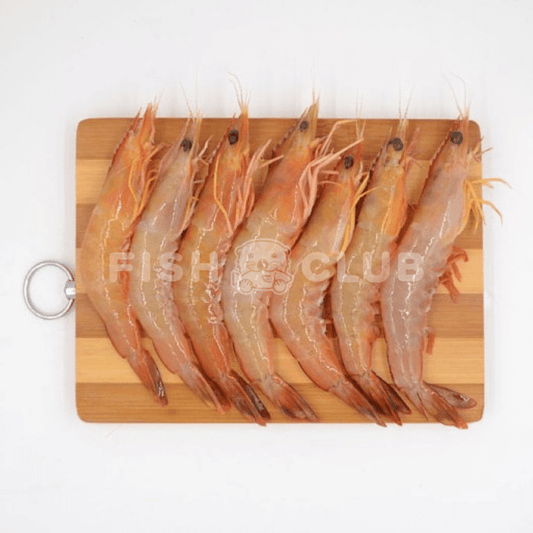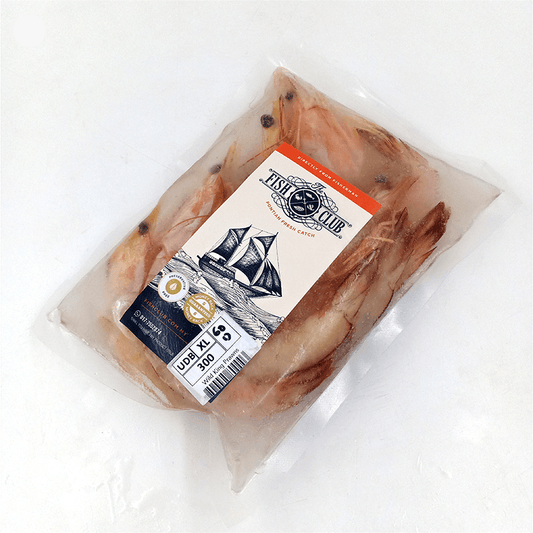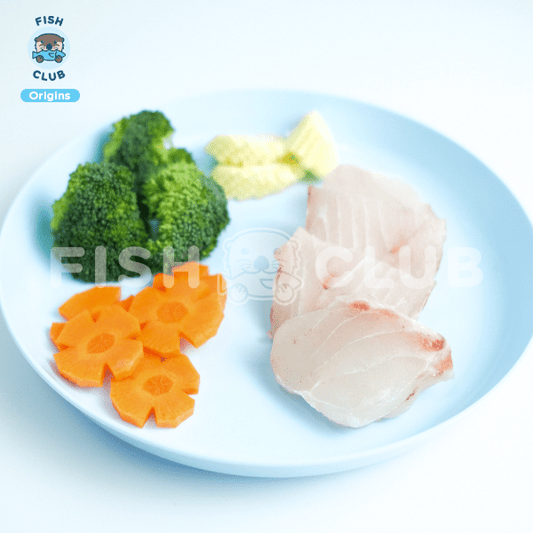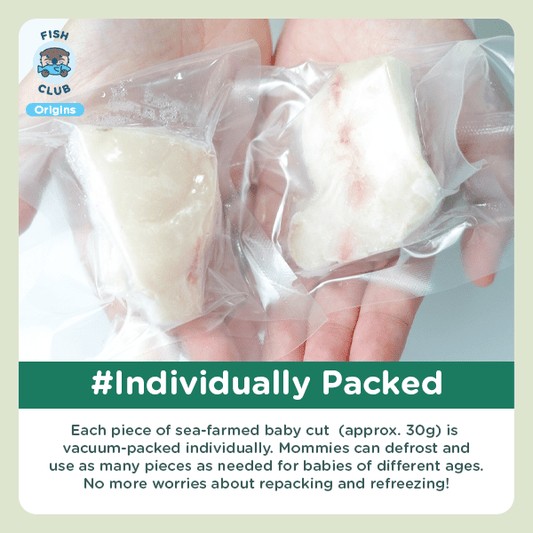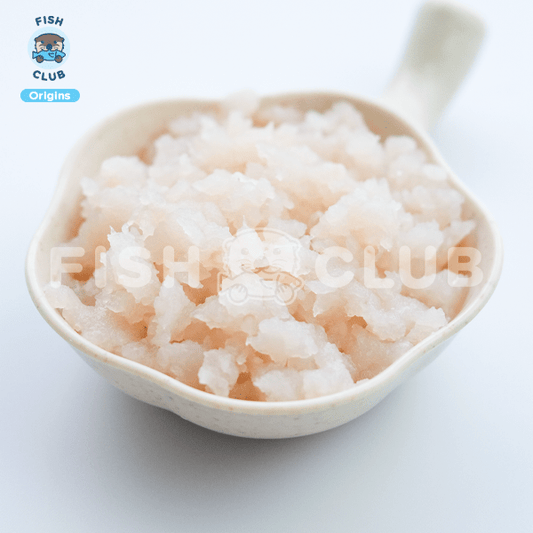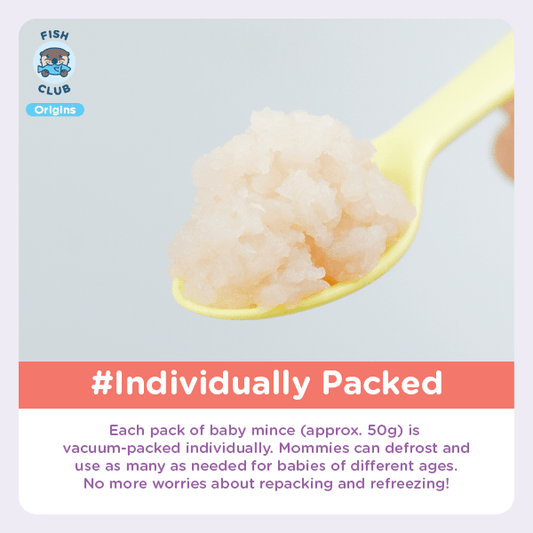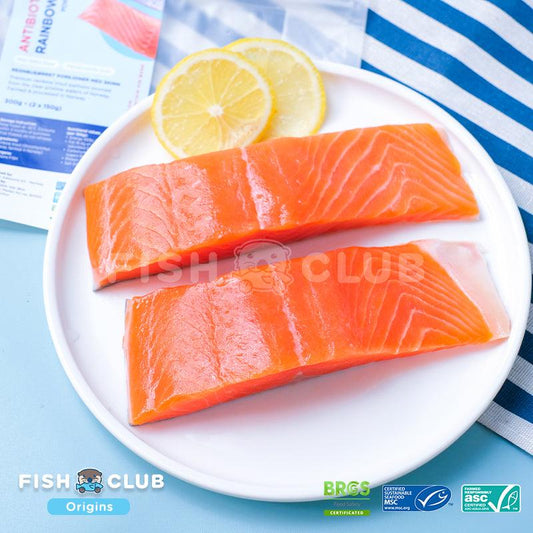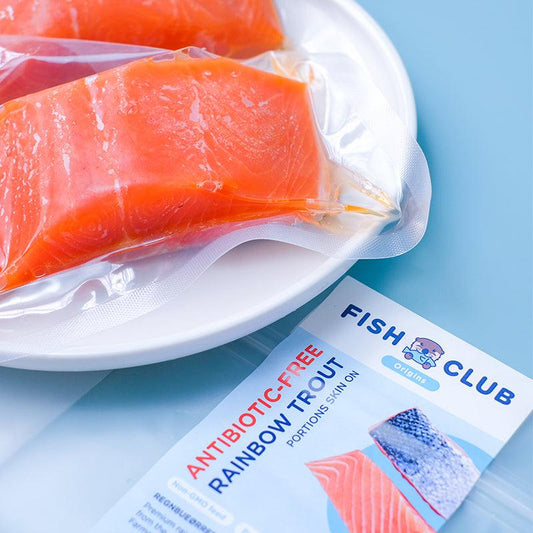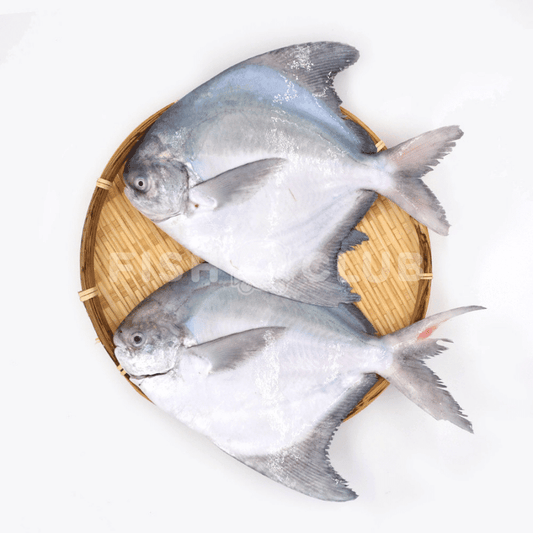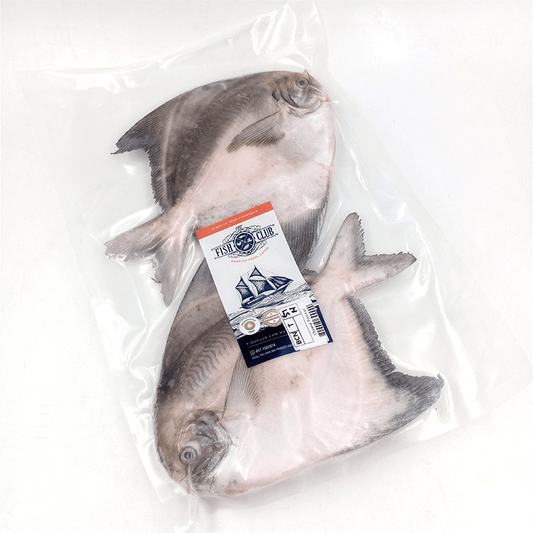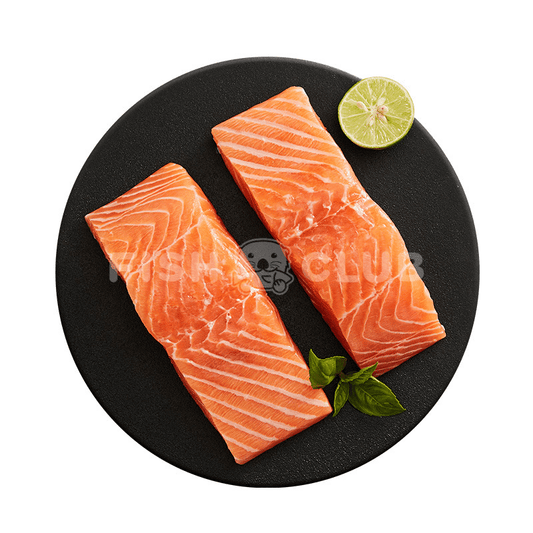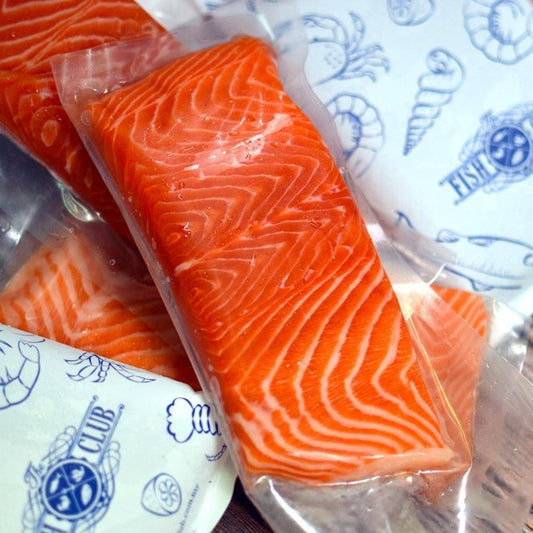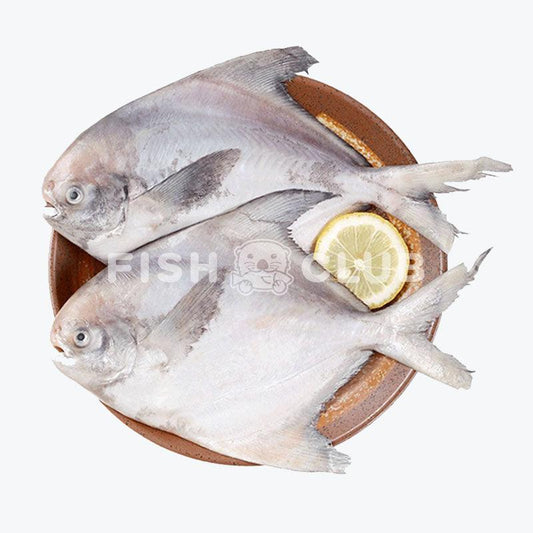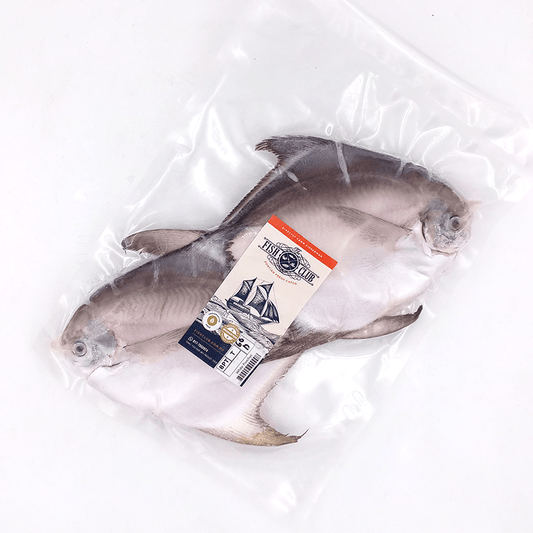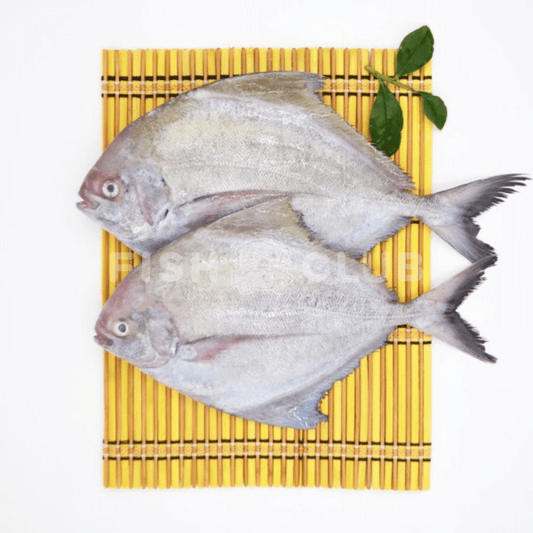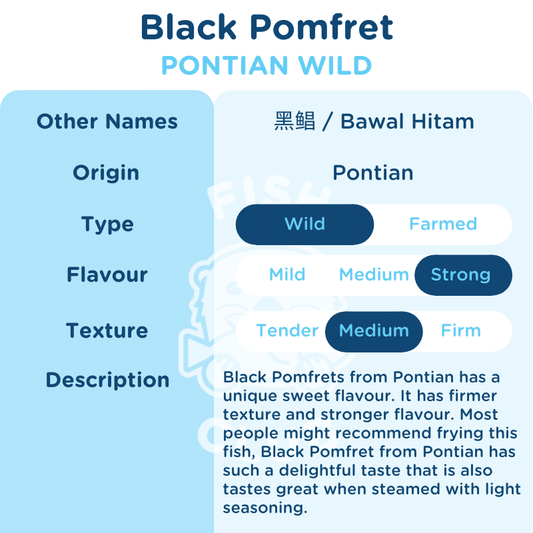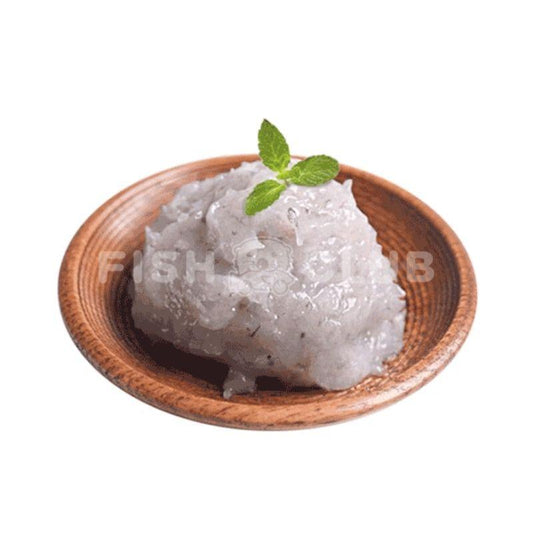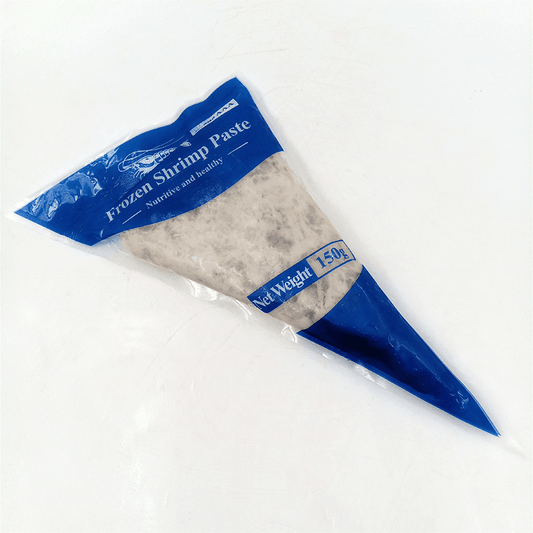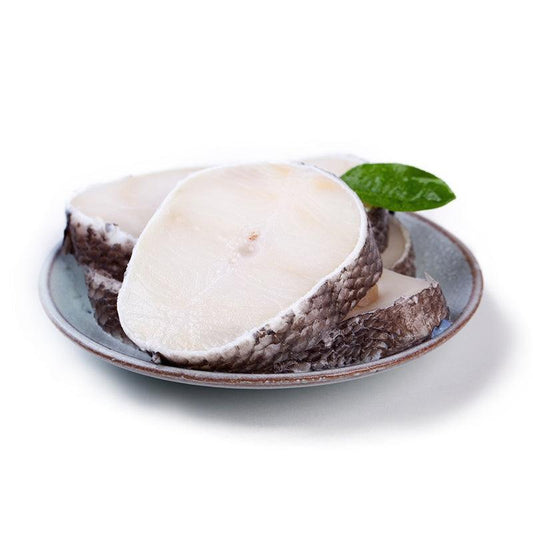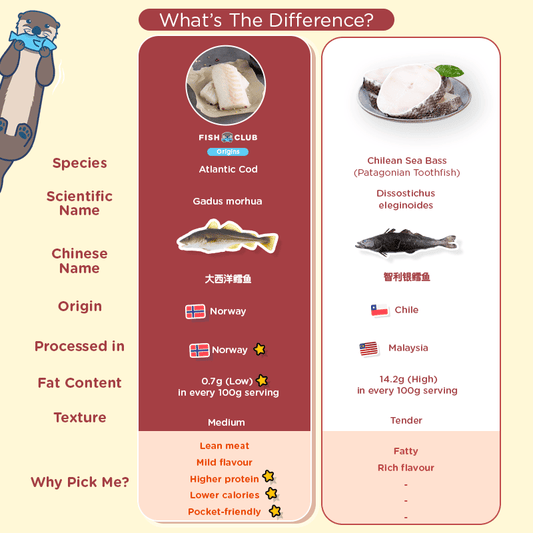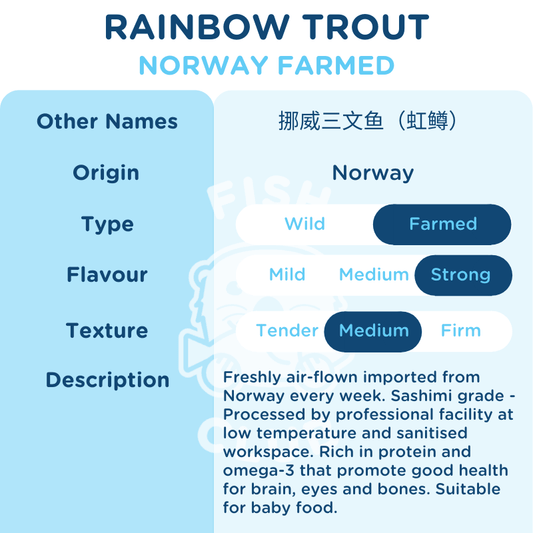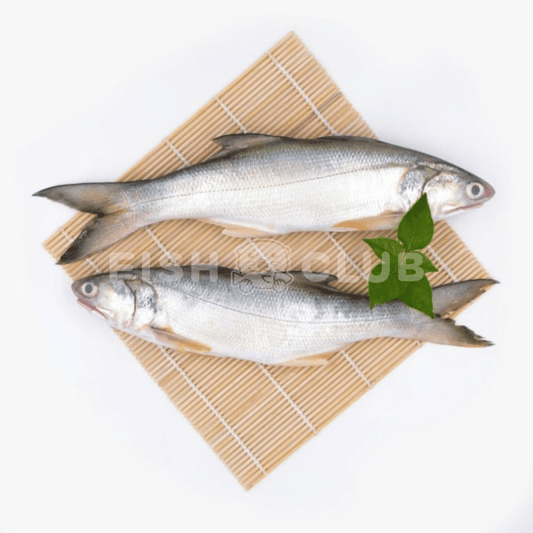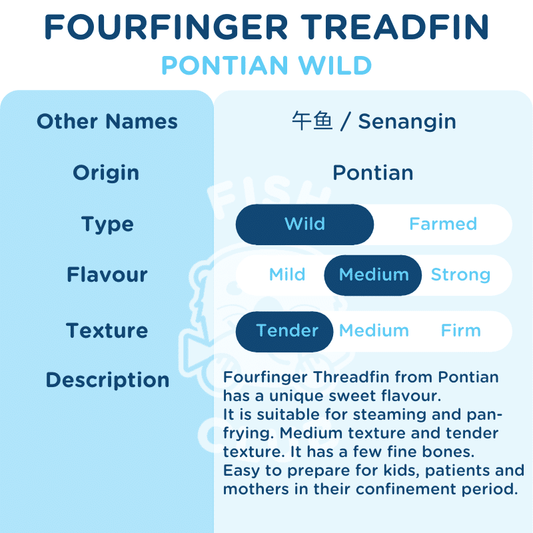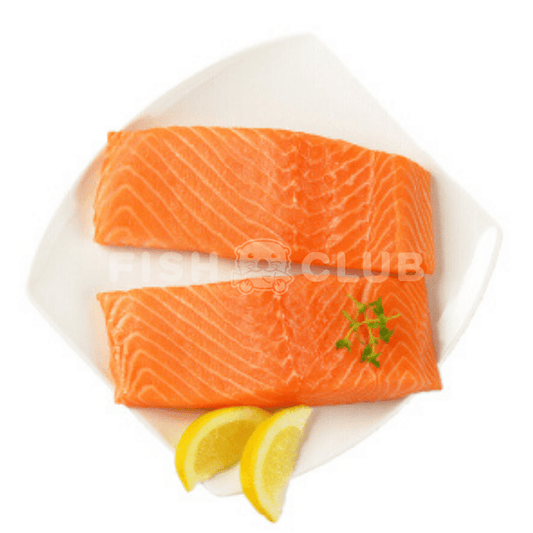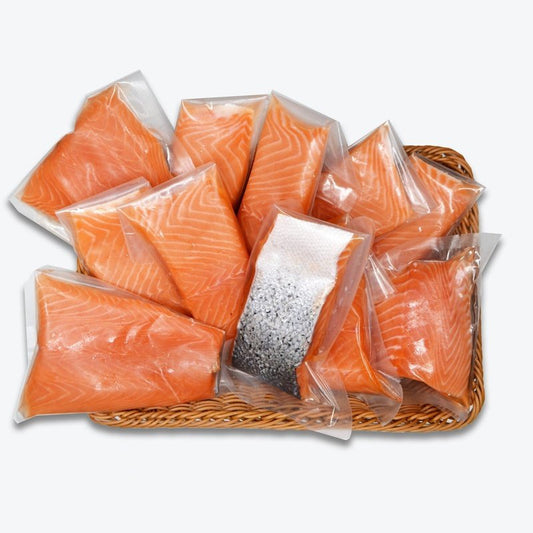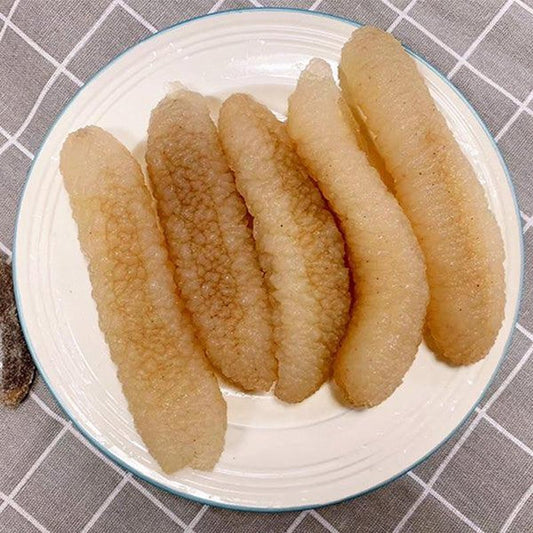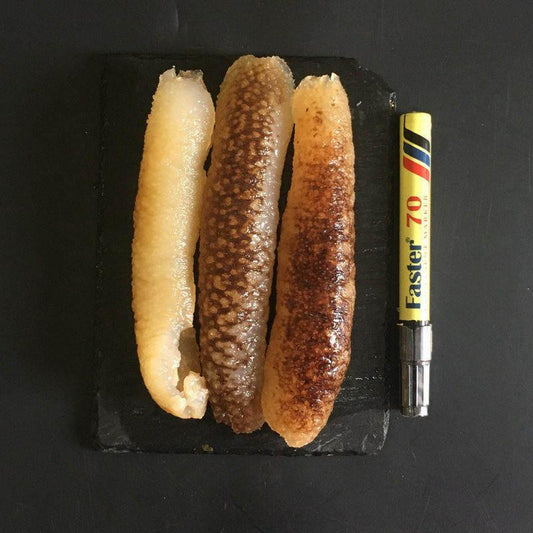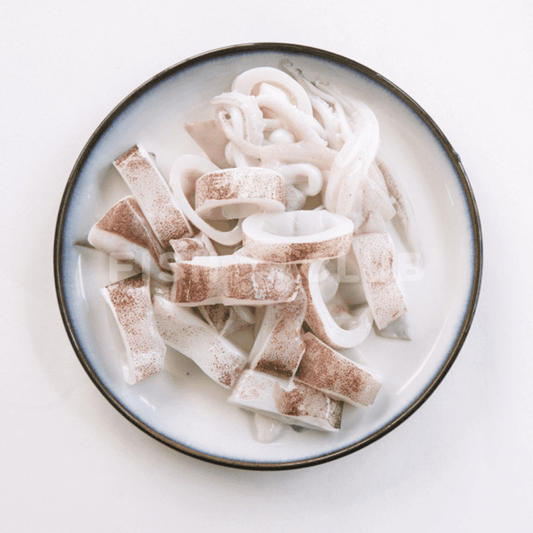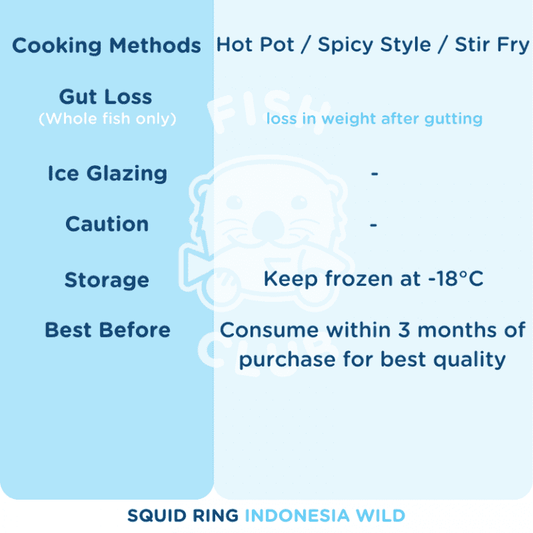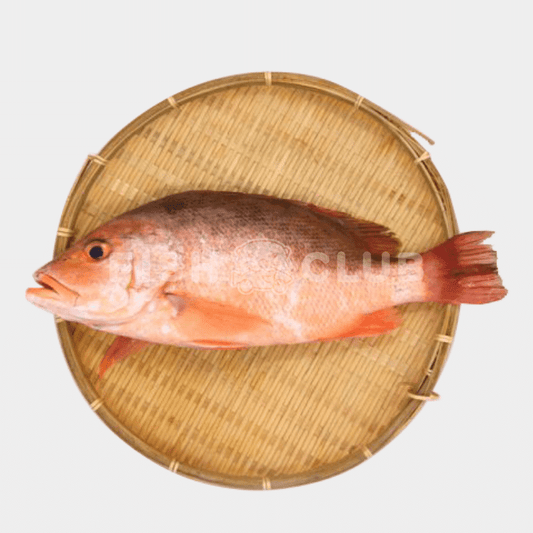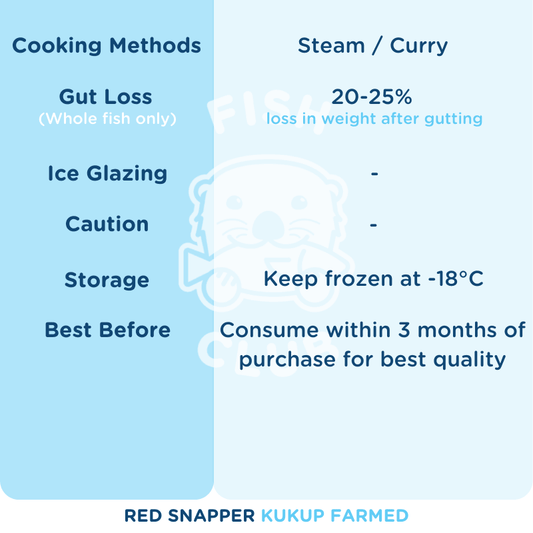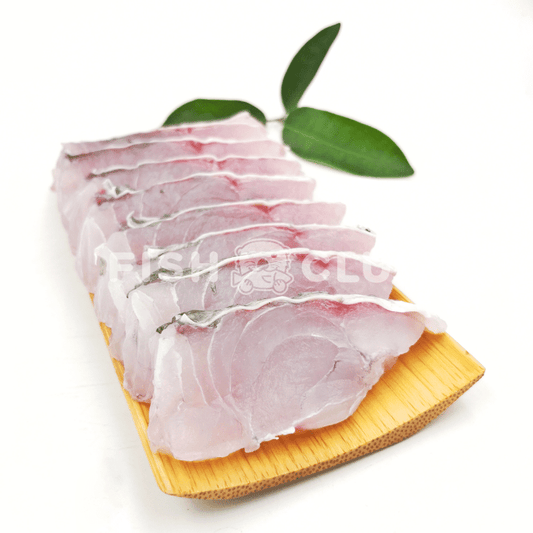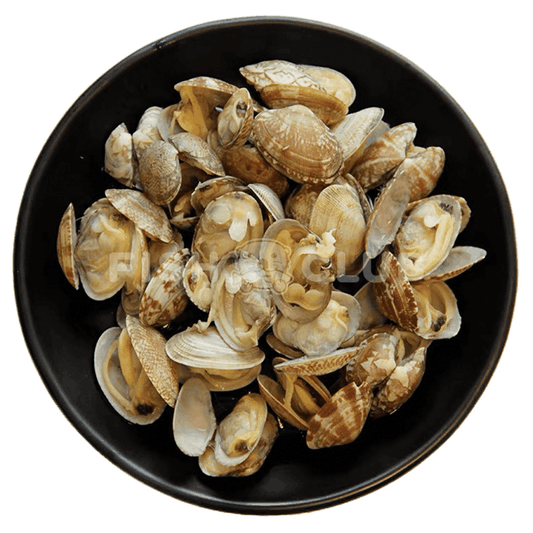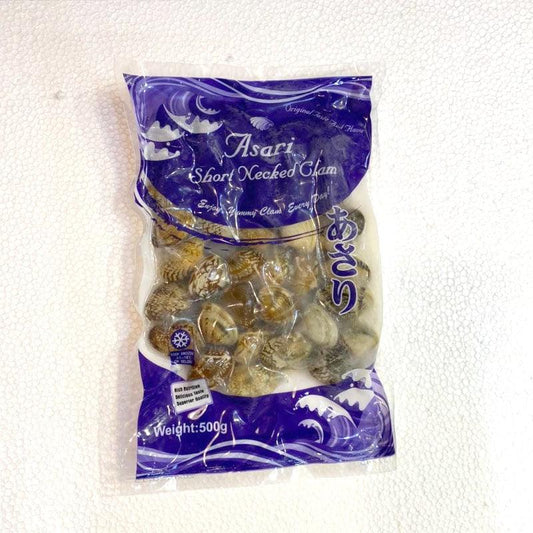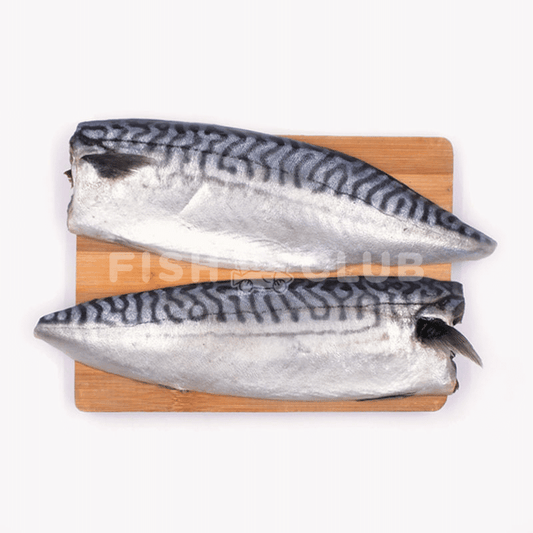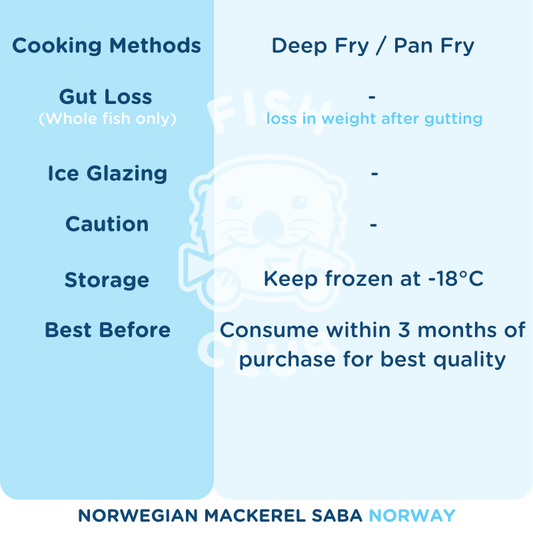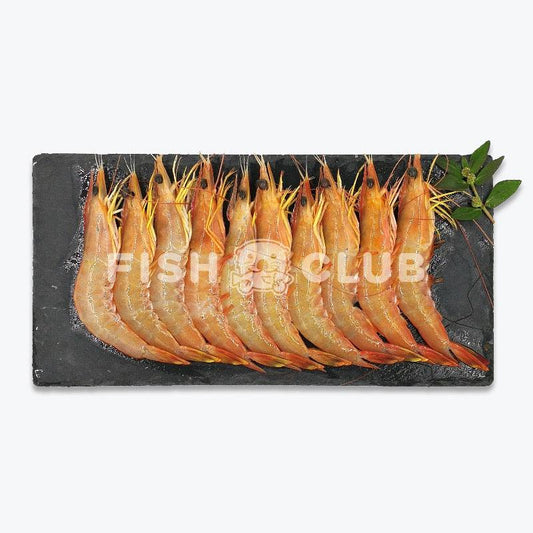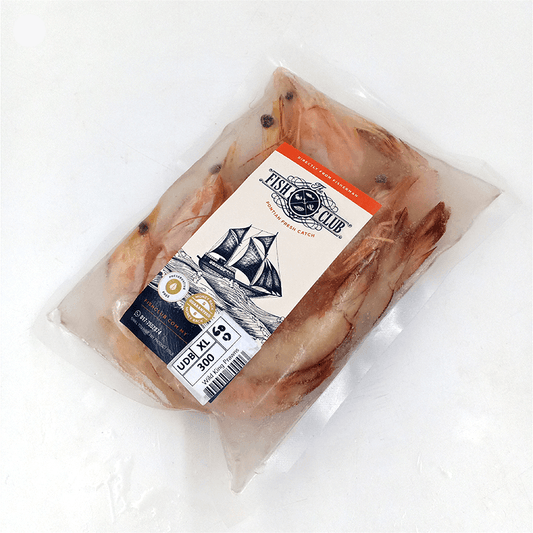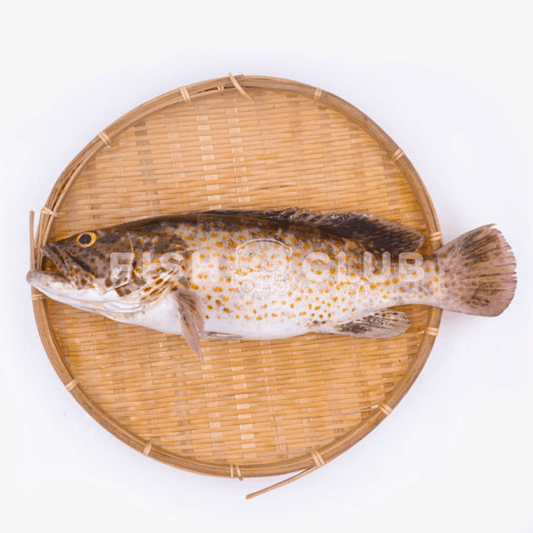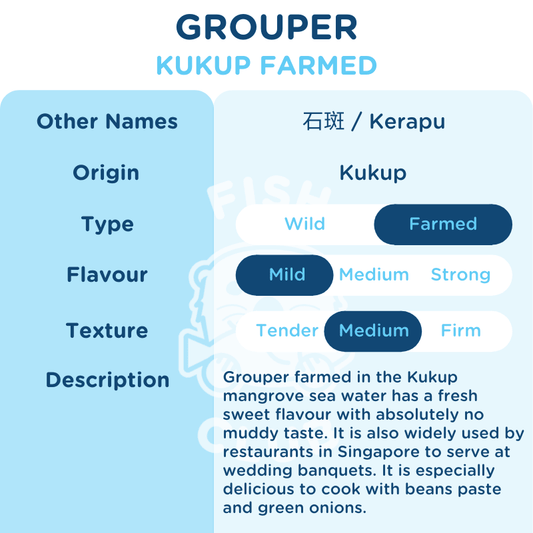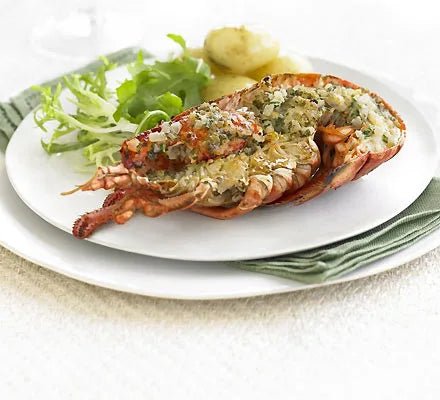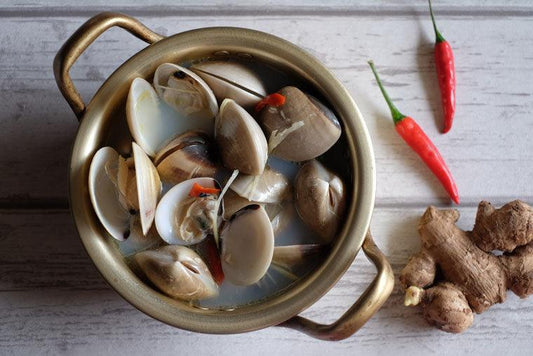Shop by Category
Shop All Seafood
Looking for the best deal on the highest quality seafood? Fish Club isn’t a middle man. We are the supplier and our very own boats spend more time at the sea than at the dock.
-
Fish Club Origins' Wild Caught Seasonal Seafood 野生海鲜系列 (Baby Cut) (200g)
Vendor:Fish ClubRegular price RM56.90Regular priceUnit price perRM58.50Sale price RM56.90Sale -
Fish Club Origins' Norwegian Atlantic Cod 挪威大西洋鳕鱼 (Baby Cut)
Vendor:Fish ClubRegular price RM46.90Regular priceUnit price perRM49.90Sale price RM46.90Sale -
Fish Club Origins’ Antibiotic-Free Norwegian Rainbow Trout 挪威虹鳟 (Baby Cut)
Vendor:Fish ClubRegular price RM47.90Regular priceUnit price perRM44.90Sale price RM47.90 -
King Prawns (Pontian Wild) / 红脚大虾(笨珍野生)- 300g
Vendor:Fish ClubRegular price RM39.50Regular priceUnit price perRM38.50Sale price RM39.50 -
Fish Club Origins' Sea Farmed Fish 海养鱼系列 (Baby Cut) (200g)
Vendor:Fish ClubRegular price RM41.90Regular priceUnit price perRM41.90Sale price RM41.90Sale -
Fish Club Origins' Easy Yummy Seasonal Fish 鱼肉碎系列 (Baby Mince) (300g)
Vendor:Fish ClubRegular price RM46.90Regular priceUnit price perRM43.90Sale price RM46.90Sale -
Fish Club Origins' Antibiotic-Free Norwegian Rainbow Trout ***
Vendor:Fish ClubRegular price RM62.50Regular priceUnit price perRM56.90Sale price RM62.50Sale -
Chinese Pomfret (Pontian Wild) / 斗鲳(笨珍野生)
Vendor:Fish ClubRegular price RM399.90Regular priceUnit price per -
Norwegian Rainbow Trout Fillet / 挪威虹鳟厚片
Vendor:Fish ClubRegular price RM57.50Regular priceUnit price per -
White Pomfret (Pontian Wild) / 白鲳(笨珍野生)
Vendor:Fish ClubRegular price RM44.90Regular priceUnit price per -
Black Pomfret (Pontian Wild) / 黑鲳(笨珍野生)
Vendor:Fish ClubRegular price RM24.50Regular priceUnit price perRM26.80Sale price RM24.50Sale -
Shrimp Paste / 虾滑 - 150g
Vendor:Fish ClubRegular price RM9.90Regular priceUnit price per -
Chilean Sea Bass Fish Steak / 智利银鳕鱼段
Vendor:Fish ClubRegular price RM65.50Regular priceUnit price per -
Norwegian Rainbow Trout (Half Fish) / 挪威虹鳟(半条)
Vendor:Fish ClubRegular price RM165.50Regular priceUnit price per -
Fourfinger Threadfin (Pontian Wild) / 白午(笨珍野生)
Vendor:Fish ClubRegular price RM16.50Regular priceUnit price per -
Chilean Atlantic Salmon Fillet / 智利大西洋三文鱼厚片
Vendor:Fish ClubRegular price RM58.90Regular priceUnit price per -
Wild Sea Cucumber / 野生海参 - 300g
Vendor:Fish ClubRegular price RM37.90Regular priceUnit price per -
Squid Ring / 苏东圈 / Sotong Ring
Vendor:Fish ClubRegular price RM13.50Regular priceUnit price per -
Red Snapper (Kukup Farmed) / 红鱼(龟咯海养)
Vendor:Fish ClubRegular price RM58.90Regular priceUnit price per -
Barramundi (Kukup Farmed) Slices / 金目鲈(龟咯海养)薄片 - 200g
Vendor:Fish ClubRegular price RM28.50Regular priceUnit price per -
Short Neck Clam / 花蛤 (啦啦) / Lala - 500g ***
Vendor:Fish ClubRegular price RM7.90Regular priceUnit price per -
Norwegian Mackerel Fillet (Saba) / 鲭鱼厚片
Vendor:Fish ClubRegular price RM19.90Regular priceUnit price per -
Premium King Prawns (Pontian Wild) / 放网红脚大虾(笨珍野生) - 300g
Vendor:Fish ClubRegular price RM47.90Regular priceUnit price per -
Grouper (Kukup Farmed) / 石斑(龟咯海养)
Vendor:Fish ClubRegular price RM72.90Regular priceUnit price per
Seafood Handling and Storage
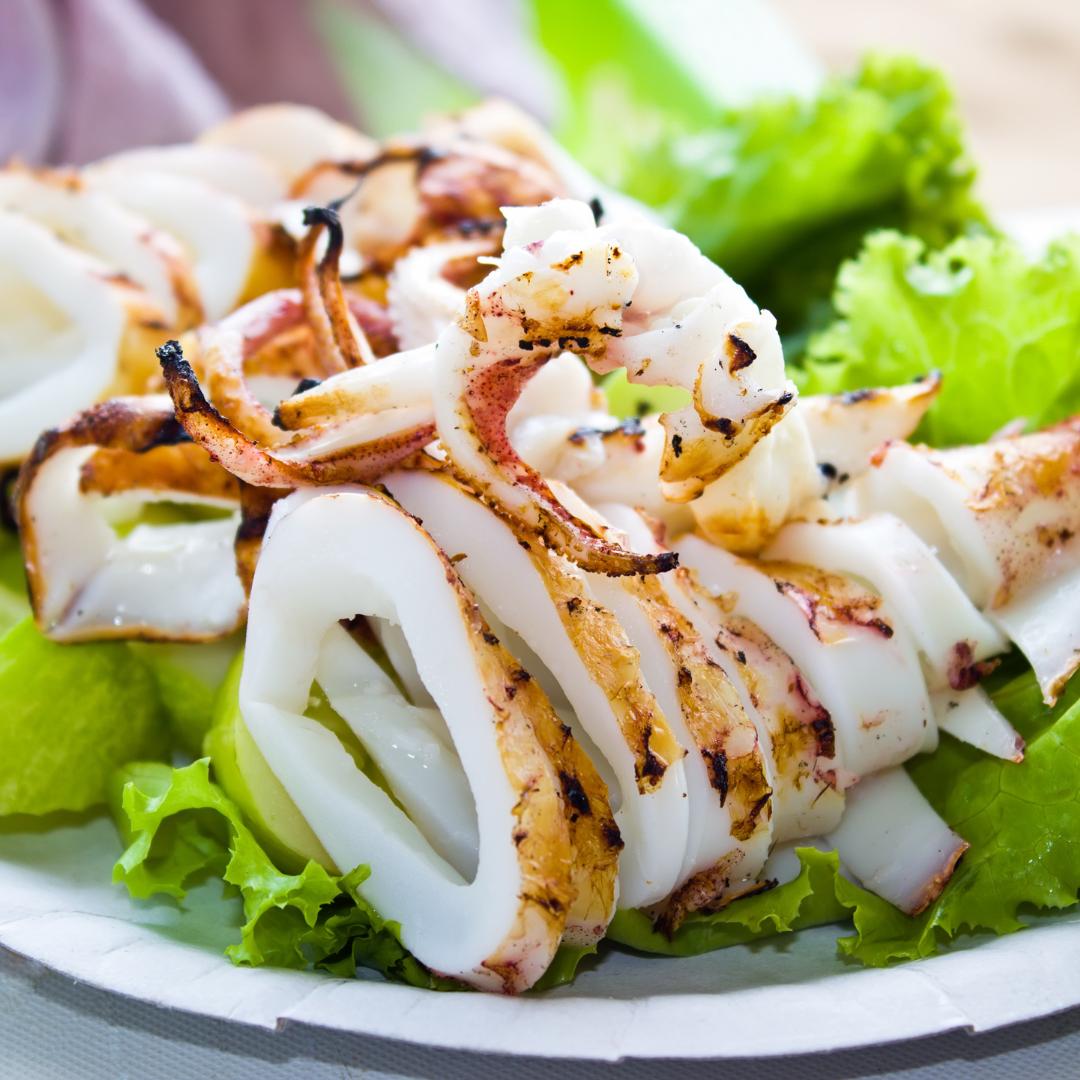
Store Seafood Properly
How long your fresh seafood will last depends on the condition of the product when you purchased it (See selecting seafood) and on how well you take care of it. When storing fresh seafood, keep it in the coldest part of the refrigerator. Use a thermometer to make sure your home refrigerators is operating at 40°F or lower. Fish will lose quality and deteriorate rapidly with higher storage temperature – so use ice when you can. Always purchase seafood last during your shopping trip, and bring a cooler to transport it home.
Frozen seafood should be kept frozen, and it is a good idea to date packages of frozen seafood so you can use the older seafood first. For best quality remember the FIFO concept – First In, First Out. Frozen seafood must be thawed properly. It’s best to thaw frozen seafood in the refrigerator overnight. Other thawing methods include: immersing frozen seafood in cold water for a short time in a sealed plastic bag, or microwaving on a defrost setting until the fish is pliable but still icy. Be careful not to overheat the seafood in the microwave or you will start the cooking process.
Handle and Prepare Seafood Properly
All foods, including seafood, must be handled and prepared in a clean area to avoid cross-contamination. Always remember to keep your hands, preparation area and utensils clean. Never let raw seafood come in contact with already cooked or ready-to-eat foods (e.g. salads, fruit, smoked fish). Whether you are storing fresh fish or thawing frozen fish in your refrigerator, make sure that the juices from raw seafood do not drip onto food that has already been cooked or food that will not be cooked.
Marinades are great for seafood but should not be saved and used as a sauce unless the marinade has been cooked to a temperature of at least 165°F to eliminate microorganisms from the raw fish. Always marinate in the refrigerator in a glass or plastic container.
Never serve cooked seafood on a plate that held the raw product without proper cleaning. Store leftovers, properly wrapped, in the refrigerator within 2 hours. Bacteria will grow rapidly in the temperature “Danger Zone” of 40-140°F so keep hot food above 140°F and cold food below 40°F.
Cook Seafood Properly
To avoid foodborne illness, it is necessary to cook seafood to an internal temperature of 145°F for 15 seconds until the flesh is opaque and flaky. Use a food thermometer to check the internal temperature in the thickest part to make sure that it is fully cooked without overcooking. When fully cooked, scallops and shrimp will turn firm and opaque. Shellfish like clams, mussels, oysters will become plump and opaque and their shells will open. Lobster and crab shells will turn bright red with a pearly-opaque flesh. For specific recommendations on cooking parameters for different seafood products, go to the websites listed below.
Other Seafood Safety Tips
It is always best to cook seafood thoroughly to minimize the risk of foodborne illness. Healthy individuals may choose to eat raw or partially cooked seafood, but young children, females who are pregnant or nursing, immuno-compromised individuals, and older adults should avoid eating raw or partially cooked seafood.
If you have an allergy to one or more types of finfish, shellfish (clams, oysters) or crustaceans (shrimp, lobsters, crab) read food labels carefully and do not eat items you are allergic to.
Simple Seafood Dinner Ideas
Sauces, Preparation Methods, and Ingredients Make All the Difference


